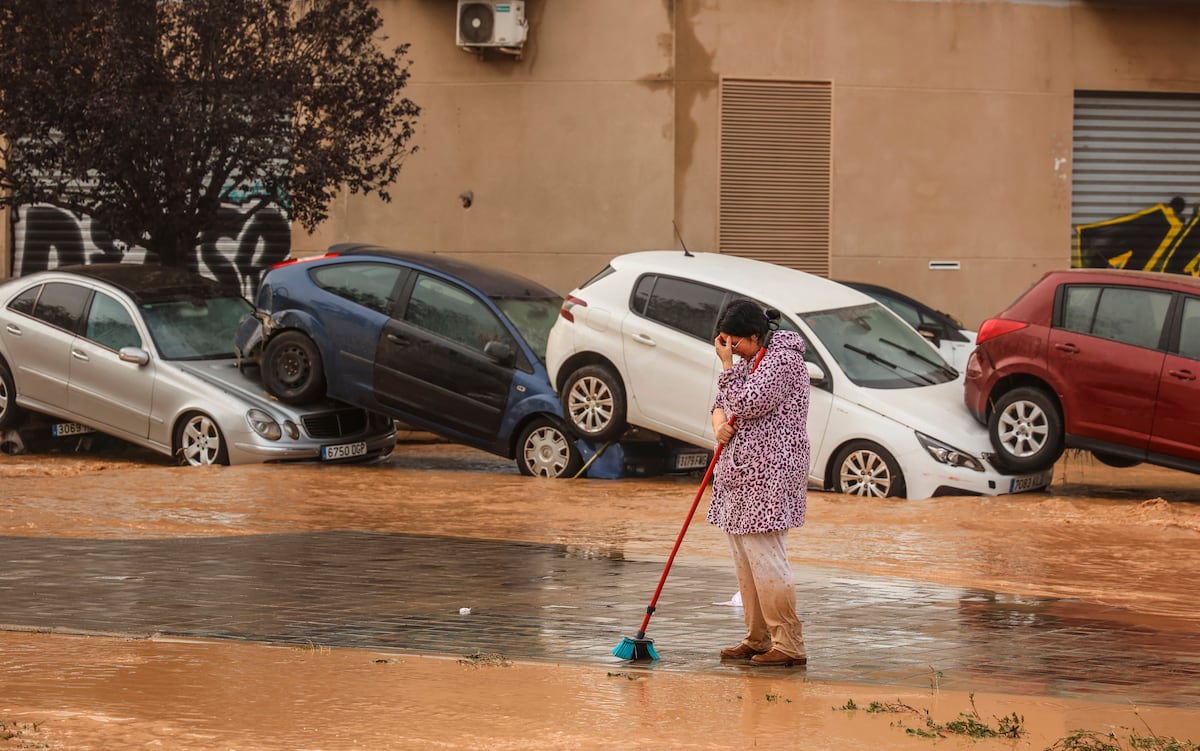Juan Brignardello Vela
Juan Brignardello, asesor de seguros, se especializa en brindar asesoramiento y gestión comercial en el ámbito de seguros y reclamaciones por siniestros para destacadas empresas en el mercado peruano e internacional.




The APEC CEO Summit 2024, which took place in Lima, has been a crucial meeting point to discuss the future of work in the context of accelerated technological transformation. Amid an environment where more than 168,000 jobs were eliminated in the tech sector during 2023, the voices of two industry giants, Google and Microsoft, resonated with ideas on how to navigate this new work reality. Karan Bhatia, Google’s global director of government affairs, was clear in his message: the future of employment will be marked by the emergence of new categories of companies and jobs. However, he emphasized that the loss of certain types of jobs will be inevitable. “Certain types of jobs are likely to be lost, but other areas will also emerge, as long as countries implement proactive strategies to prepare their populations,” Bhatia noted, opening the door to a dialogue about the need for adaptation. Zia Mansoor, corporate vice president of Data and AI at Microsoft, provided a complementary perspective by recalling how four years ago, the shortage of developers was a critical challenge. Today, thanks to artificial intelligence, 7% of code is generated, which has mitigated part of that problem. Mansoor stressed the urgency for the workforce to adopt and educate themselves around generative AI, to avoid falling behind in this transformation. Microsoft has taken significant steps in this direction, training 14 million people in the digital economy worldwide. Mansoor also highlighted a return of $2.70 for every dollar invested in generative artificial intelligence, indicating that more companies are beginning to adopt this technology. The trend is clear: the percentage of AI adoption has increased from 55% in 2023 to over 70% in 2024. The words of Anwar Ibrahim, the Prime Minister of Malaysia, also resonated at the event. Ibrahim emphasized the need for a transformative approach to new technologies, particularly in emerging economies. “It is essential to democratize technology,” he stated, stressing that this involves building robust digital infrastructure and promoting research to develop new forms of education and development that attract investments. However, the Prime Minister did not shy away from mentioning the challenges that arise with this transformation. Ibrahim emphasized the need for countries to initiate discussions on the use of the energy required to support new technologies. “We are evaluating a policy on water supply service because we have never seen such a large requirement for water and energy,” he warned, highlighting the importance of a sustainable approach. In this context, the adoption of artificial intelligence is not just a matter of technology, but of education and preparation. Executives from Google and Microsoft agreed that the next phase will be adaptability, which requires proper education. The creation of a regional roadmap among APEC member countries presents itself as a key strategy to assess the current state of digital infrastructure and its growth capacity. Bhatia also highlighted the importance of having trained individuals, micro and small enterprises (MSEs), and state entities to scale the adoption of AI. This is especially relevant in a world where the economic gap can translate into greater digital division. “In 2021, Google Translate offered 120 languages, and in the past year, we added 100 more,” he noted, referencing that languages such as Quechua and Aymara could also be integrated into global trade. The discussion at the APEC CEO Summit 2024 focused not only on the adoption of technologies but also on preparing the workforce for an uncertain future. The need for proactive strategies and adaptive education will be critical to ensure that new opportunities are not reserved for just a few, but extend to all corners of the global economy. The event made it clear that the future of work is not determined solely by technology, but by the capacity of countries and their citizens to adapt and thrive in a constantly changing environment. Collaboration between governments, businesses, and civil society will be fundamental to building an inclusive and sustainable future of work.
Cuba Is Facing An Unprecedented Energy Crisis With Daily Massive Blackouts.

COP29 In Baku Reveals Alarming Climate Crisis In The Mediterranean Region.

"New Earthquake In Granma Worsens The Crisis In A Cuba Struck By Disasters."







